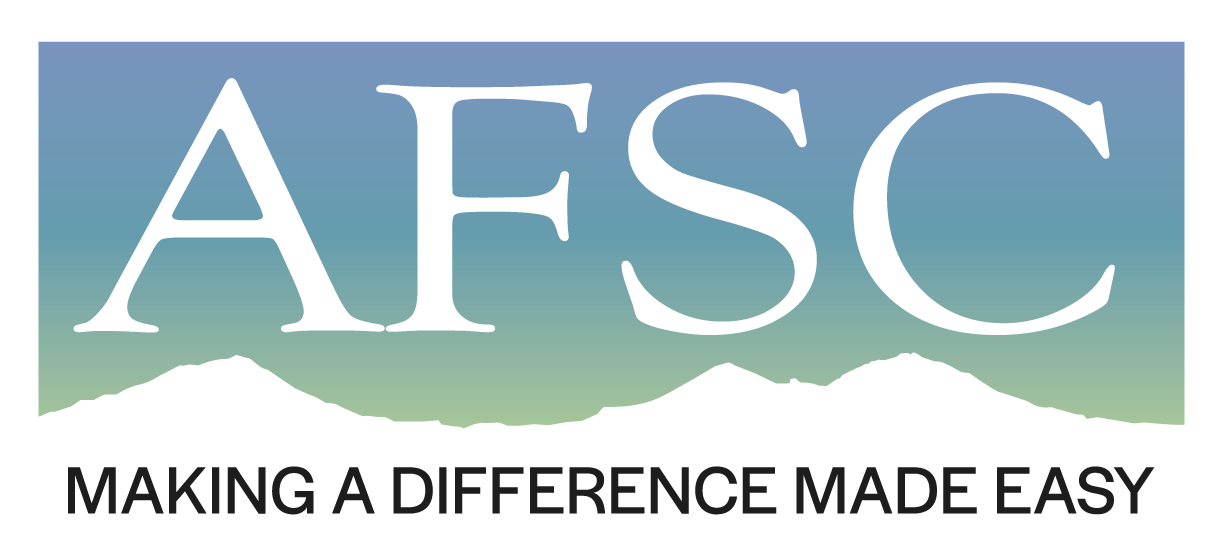Community Focuses on Wellness
BY SUE STAFFORD
NOVEMBER 12, 2019
When you hear the term “healthcare” what comes to mind?
Does the term mean services provided by doctors and dentists, medical response by the fire department, air ambulance service, hospitals, urgent care, mobile medical vans, mental-health services, substance abuse treatment, support groups, or perhaps some other service or provider?
For the group that gathered in Sisters last week to discuss improving local healthcare options, the concept grew over the course of three hours to a point where the focus became the wellness — or well-being — of the community on all fronts.
Age Friendly Sisters Country (AFSC) convened a meeting and brought in Denise Bacon, field coordinator for the Ford Family Foundation, to lead a discussion on the healthcare challenges in Sisters. Bacon is also a city councilor in Newberg. (After the original publication of this story, Bacon noted, “I am a city councilor but the work with Nurturing Newberg is community-led work that Ford supports and the community is leading the work. I am there as a technical support and representing the Ford Family Foundation while doing that work.”)
The Sisters Horizons Vision Project identified the desire for an urgent-care facility in Sisters. The AFSC board decided to investigate the possibility for such services. The original intent of last week’s meeting was to build community buy-in and support, to begin to develop a singular vision for Sisters Country, and ultimately, the formation of an AFSC action team(s) to address the key healthcare issues identified in the discussion.
Seated at the table were representatives of St. Charles Health System, High Lakes Healthcare, Citizens4Community, a variety of Deschutes County health services, community members with special interests like teen suicide and substance abuse, and the AFSC board members.
In sharing what Newberg has done using a focused approach to meet a multitude of needs in their community, Bacon illustrated the benefits of using a “collective impact” approach. In Newberg, they decided the focus would be increasing community wellness through evidence-based interventions.
After several years of listening and planning, it became clear that many organizations, groups, and individuals, beyond just the “medical community,” had a role to play in supporting wellness, by creating a nurturing community of collaborating services.
Participating in a collective impact movement has many benefits, not only for the people served, but for the organizations that participate. Some of those benefits include: a singular vision for the community; better data to show if what is being done is working; connections for clients to other services; increased exposure and access for funding through collaborative partnerships; increased access to thought partners and experts; and community buy-in support.
According to Bacon, “Perhaps the most important reason for banding together is that it will bolster the success of each individual sector. For example, school efforts to nurture children’s academic and social development will be enhanced by healthcare and human service efforts to support family well-being. Conversely, the physical health of the children will be advanced by the success of the schools in nurturing children’s cooperation and skill. Similarly, efforts of the criminal justice system to prevent crime will be advanced substantially to the extent that schools, human service, and healthcare work with criminal justice so that each group supports the efforts of the other groups.”
There was a great deal of interest and energy in the room supporting the concept of creating a collective impact team to help address community issues and give rise to a nurturing community to support wellness. Several investigations are already underway and were reported on by those involved.
Dr. Kevin Miller of High Lakes Health Care in Sisters said they are looking at the urgent-care issue by considering extended hours and/or weekend services. An X-ray machine is coming to their office, and they are looking at increasing the size of their facility.
Michael Richards, director of operations and ambulatory specialties for St. Charles Medical Group, has met with City Manager Cory Misley and Mayor Chuck Ryan around the urgent-care issue. Richards is currently collecting metrics on the number of emergency-room and urgent-care visits in all their facilities by residents of Sisters Country. They are also looking at the demographics of those patients in order to correlate them with the needs for services.
Depending on the results of his study, Richards said St. Charles might consider extended hours in their Sisters office. He will be meeting in December with Misley and Ryan, and will report back to the AFSC board as well.
The wide-ranging discussion also addressed who wasn’t “at the table” last week and should be included in the discussion — those who provide services that support a variety of populations from Family Access Network to The Lodge in Sisters senior living facility to the food banks.
Bacon shared one of her favorite quotes to serve as a reminder: “Do not do for me without me.”
For more information or to get involved, email agefriendlysisters@gmail.com.

